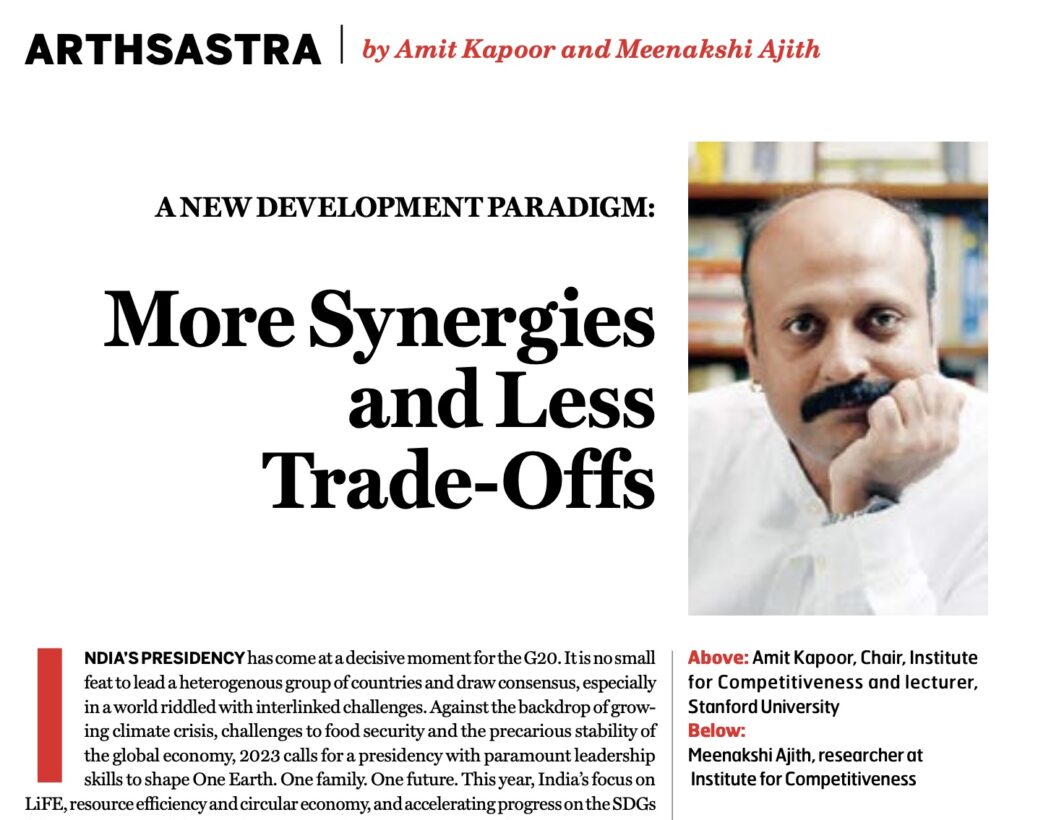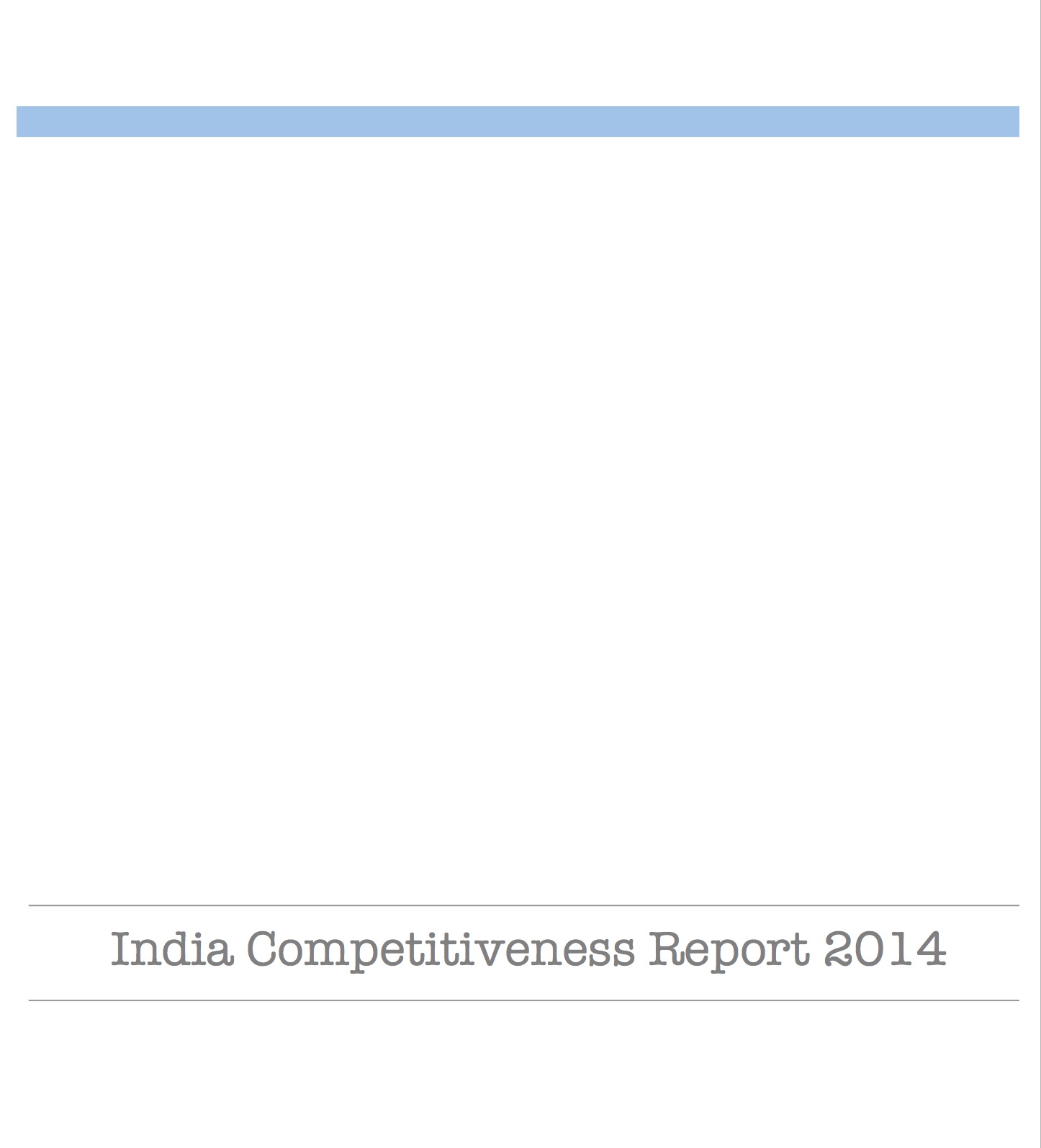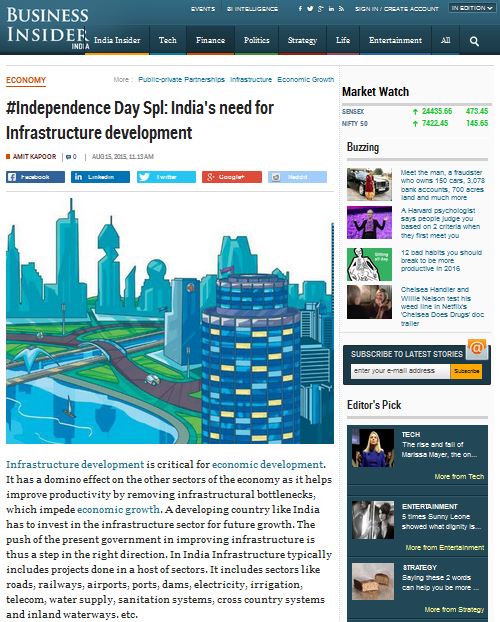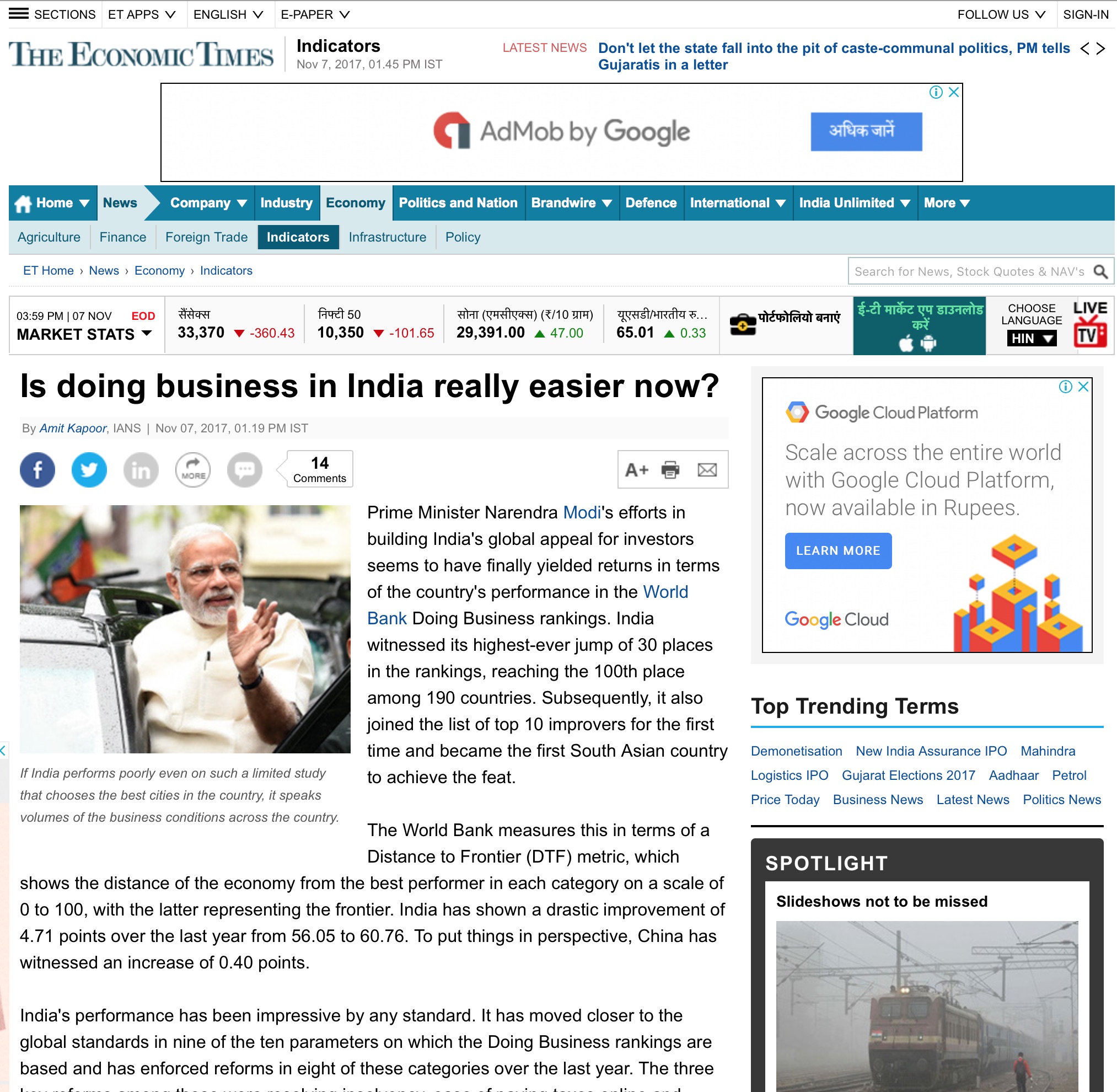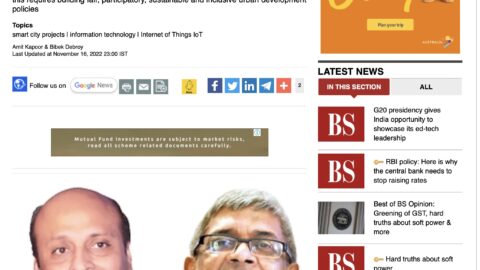Conventional growth models are consumption-driven, supported by a robust manufacturing sector. The world’s emerging economies, including India, need an alternative model and a supportive global environment for greening the economy.
India’s Presidency has come at a decisive moment for the G20. It is no small feat to lead a heterogenous group of countries and draw consensus, especially in a world riddled with interlinked challenges. Against the backdrop of growing climate crisis, challenges to food security and the precarious stability of the global economy, 2023 calls for a presidency with paramount leadership skills to shape One Earth. One family. One future. This year, India’s focus on LiFE, resource efficiency and circular economy, and accelerating progress on the SDGs, among others, reflect an unwavering commitment to tackling the planet’s imminent threats. At the same time, as an emerging economy, India has clearly laid out its commitment to enabling an agile and flexible macroeconomic policy and sustainable and resilient growth while addressing the debt distress and related concerns of LMICs.
For an emerging economy in the current tumult of global challenges, these various key areas may seem to be at odds with each other, but India has carefully curated a smart and exciting mix of policies that focus on strengthening the interlinkages between these diverse areas. This comprehensive approach has ushered in a democratic space for countries to find common ground on numerous issues. The synergies between these agendas have been reiterated time and again, but what are these synergies? Most importantly, how does it blend in with not just the G20 but other multilateral commitments and pave the way for India to rewrite existing narratives of growth and development? The membership of key emerging economies, including Brazil, South Africa, Russia, China, Turkey, Indonesia, Mexico, Argentina and Saudi Arabia, bequeaths a strong incentive and also a responsibility for India to reimagine the development paradigm.
Conventional growth models are consumption-driven, supported by a robust manufacturing sector. The world’s emerging economies, including India, need an alternative model and a supportive global environment for greening the economy. Green growth is not a new concept, but it is now taking centre stage as the only path forward for people and the planet. India’s efforts this year have been to mainstream this pathway, especially by adding a developing country perspective to this. For instance, India’s priority on sustainable lifestyles has emphasized not only individual action but also lays equal emphasis on production and greening of all aspects of the economy to empower individuals and make sustainable choices accessible. Co-benefits and synergies from this approach are rooted in strong evidence. The report published by International Energy Agency recently estimated that behavioural changes and sustainable consumer choices would reduce annual global carbon dioxide (CO2) emissions by more than 2 billion tonnes (Gt) in 2030. This is about one-fifth of the emissions reductions needed by 2030 to put the world on a pathway to net zero emissions. Consumers are not merely called on to act but are empowered socially and economically to make this green transition. Beyond sustainable patterns of consumption and production, India’s development agenda this year has focused on themes that can have a multiplier effect and build capacities for a sustainable future. Digital transformation, data for development, empowerment of women, circular economy and the pivotal work on renewable energy are ways India is strengthening the interlinkages between various agendas, goals and targets. Under our presidency, the G20 development ministers also adopted an Action Plan to Accelerate the progress on SDGs which has comprehensively laid out the core principles to foster an international enabling environment to support the needs and priorities of the Global South; address the bottlenecks that developing countries face as they transition to this green development pathway.
Beyond the ambitious goals, targets, and documents, it is imperative for the G20 countries to walk the talk! Emerging economies like India and other countries within G20 require access to adequate finance and investments for building a choice structure and ecosystems supporting an easy green transition. Experts at the COP27 estimated that annual investment in climate action needs to increase immediately, from about $500 billion in 2019 to $1 trillion by 2025 and $2.4 trillion by 2030. This is crucial for delivering on the Paris Agreement and advancing progress toward achieving the UN Sustainable Development Goals. Developing countries in today’s world need a strong global financial safety net that offers greater and more equitable access to international funding during times of crisis. This calls for innovative mechanisms and other reliable routes such as the issuance of special drawing rights. G20 finance ministers this year welcomed the scaling of blended finance and risk sharing facilities. We have also called for actions to scale up sustainable finance for SDG-aligned areas while recognizing the crucial role of public finance. On climate finance, the G20 countries recalled the commitment made by developed countries to the goal of mobilizing USD 100 billion climate finance per year by 2020, and annually through 2025. This promise still remains significantly unfulfilled, and now more than ever emerging economies need the support for transitioning to a green development paradigm.
The Presidency has hit the right notes for a path to reimagine development. The challenge now is to ensure a continuity of this comprehensive and ambitious agenda not just within but beyond the G-20. The relevance of this new paradigm for growth has become manifold in light of the world’s crises and challenges today. India should focus on building the political heft in all multilateral fora, especially in the upcoming SDG summit and COP28 this year. As envisioned by India, a renewed focus on green development is timely and can help address the urgent need for improving human well-being and capacities in an increasingly finite planet.
The article was published with Business World on August 7, 2023

